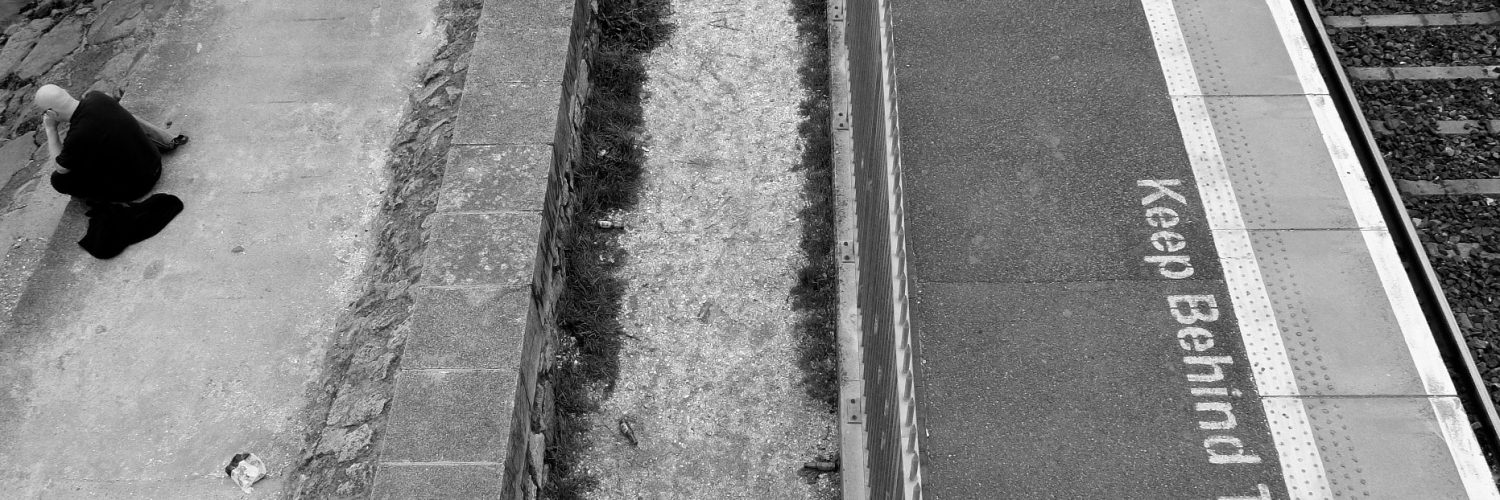Maps – GeoLife
Matéria do The Guardian de Jack Schofield aponta para mais um sistema de mapeamento e tracking de posicionamento com possibilidades de adicionar fotos, compatilhar com amigos, agregar sensores que podem indicar condições ambientais. etc. O projeto, GeoLife, está sendo desenvolvido pela Microsoft Research’s Beijing Lab.
Trechos:
“If you’d spent a day seeing the sights in Beijing, it would be nice to be able to review your trip afterwards by watching an avatar trace your route on a map – with popup photos, if you took any.
If you wanted to give other people access, your friends and relatives might enjoy the trip too. And by comparing the routes and photos taken by thousands of visitors, Beijing’s city planners would be able to make improvements. They could, for example, highlight the most popular regions, and install helpful English language signs at the spots where tourists typically take wrong turns.
This sort of “life experience tracing” is not something you can do in Beijing today, unless you know Yu Zeng and his colleagues in Microsoft Research’s Beijing lab, where GeoLife is just one of many projects. It was also one of about 40 shown to the world’s press on the first day of TechFest 08 in Redmond last week.
(..) GeoLife could, of course, use a version of the wearable SenseCam, developed in Cambridge, which is being used in the company’s long-running MyLifeBits life-caching project. But Yu’s approach is to use ordinary mobile phones with location detection or increasingly common global positioning satellite technology. “In the future, phones might be able to detect pollution and other things that we could incorporate,” say the researchers.
(…)The idea is that you have a lot of small sensors and spread them around the environment to monitor something, such as a glacier. Being practical, Microsoft is using them to monitor some server farms, where heat is a problem.(…)”.
Outra matéria sobre o mesmo tema vem do Le Monde, sobre como o Google Streer View foi enquadrado pelos militares americanos e forçado a retirar detalhes de uma base americana no Texas.
Trechos:
“Google Earth ou Google Street View révèlent des petits secrets que les services gouvernementaux militaires et de renseignement se passeraient bien de voir diffuser. Un événement a fait réagir le gouvernement américain : il concerne une base américaine du Texas, Fort Sam, à Houston, investie il y a une dizaine de jours par une des équipes du service Google Street View, qui permet de visiter une trentaine de villes américaines en prises de vue panoramiques. Le conducteur du véhicule spécial de Google avait simplement demandé l’autorisation d’accès à la base, qui avait été acceptée.
(…) Le département de la défense américain, après avoir ‘reçu un rapport (…) informant que Google avait collecté une imagerie détaillée et des vues à 360 degrés d’une base au Texas’, a demandé à la société de retirer l’ensemble de ces clichés. Ceux-ci représentent, selon le général Gene Renuart, chef du commandement militaire américain responsable de la défense intérieure, ‘un véritable risque pour la sécurité [des] installations militaires [américaines]’ (…) Google a accédé à cette demande et retiré ces images de son service de cartographie locale.(…)”.
Mapear é produzir uma representação do mundo, uma construção ideológica, e isso desde os grandes impérios do passado (Roma, Portugal, Espanha, Grã-Bretanha) até hoje com os “impérios” das tecnologias informacionais. Embora ampliando e democratizando as formas de produção de mapas e conteúdos localizados, sistemas como o Google Maps/Earth/View não são neutros e estão a mercê dos poderes constituídos (vejam post sobre evento em Madrid onde comento palestra de Julian Oliver sobre esse tema). Além disso, os sistemas, embora gratuitos, não são de código aberto e um API do Google Maps que usamos hoje livremente pode ser requerido no futuro pela empresa.

